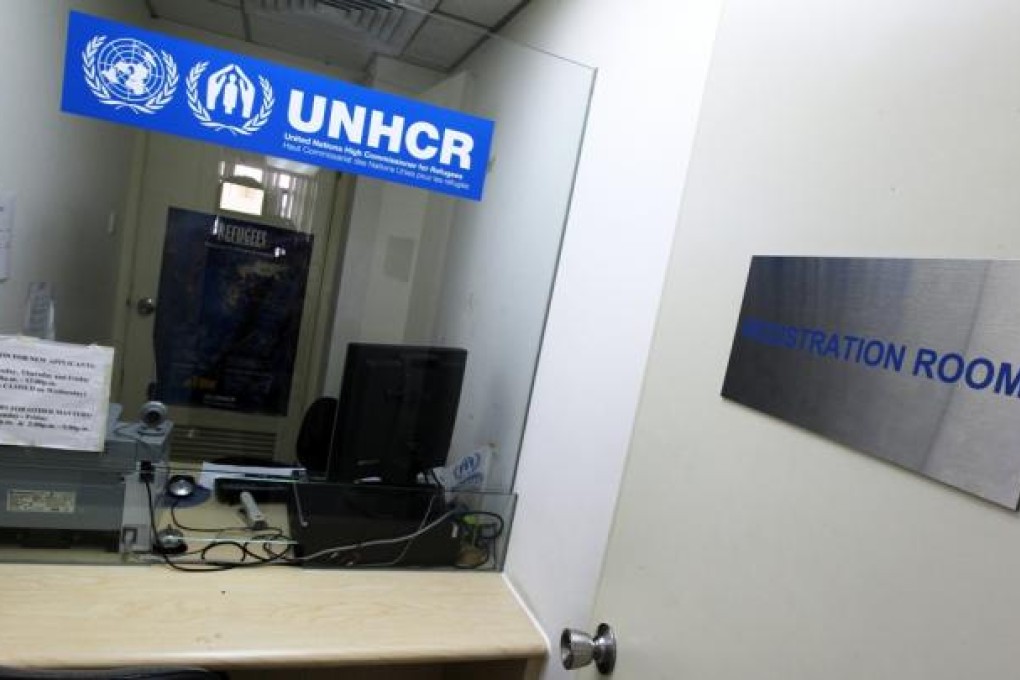Top court says Hong Kong must assess refugee cases independently
Top court decides government can no longer rely solely on UN agency to vet asylum seekers and that its decisions can be challenged in court

The government cannot simply rely on a United Nations agency to decide whether someone is a refugee and must assess the cases independently and fairly, the top court ruled yesterday.
The screening system is now expected to be rewritten after five judges of the Court of Final Appeal unanimously allowed a challenge by three African men.
The government said the ruling would not affect the city's policy of not granting asylum to anyone. Instead, people granted refugee status in Hong Kong are resettled elsewhere.
The court ruling says the director of immigration's decisions to deport refugee claimants must be made according to high standards of fairness, and be subject to judicial review.
Patricia Ho, the lawyer representing the three challengers, said: "I am very excited." She said that her three clients were also very happy, adding: "It's good news, not only for myself but for the entire asylum-seekers community."
Currently, the Immigration Department screens people arriving in Hong Kong who claim to be escaping torture, while the UN High Commissioner for Refugees screens refugee claims. This two-pronged approach has been criticised as time-consuming and open to abuse.